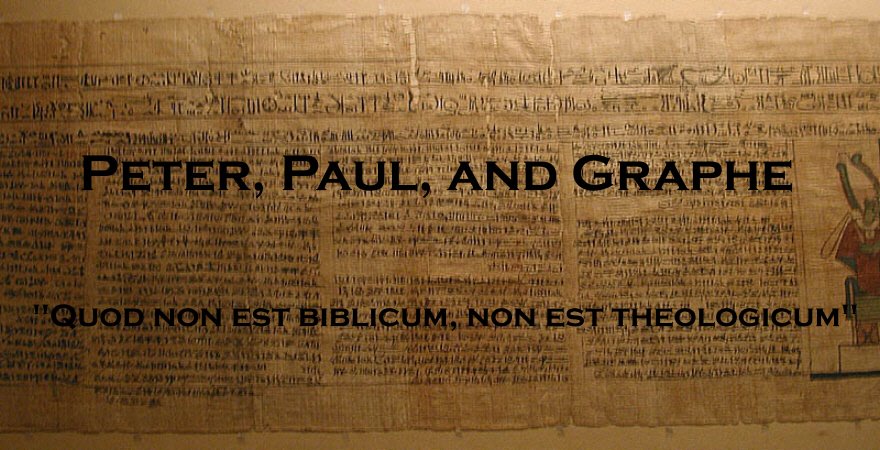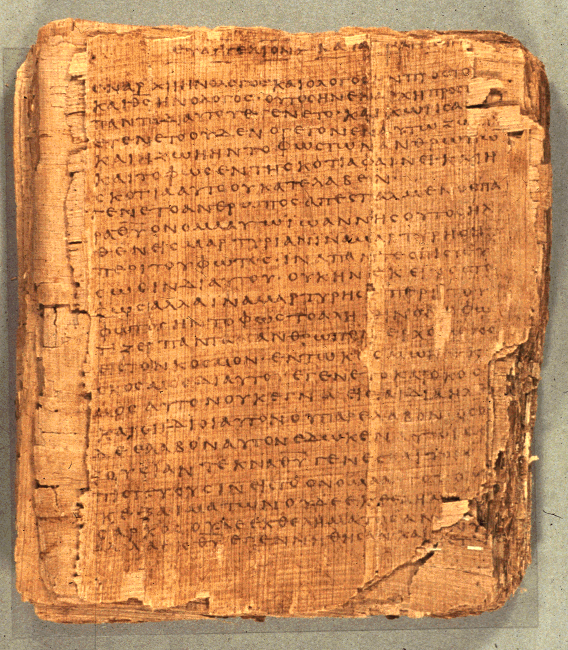Edwardsean Theology, Part 4: The Principle of Dichotomist Ability in relationship to the Free Will of Man
 I have mentioned and harped on Edward’s unique view of the inclinations of man ever since starting this series. It is due to the unique nature of its proponent (Edwards, a Calvinist) that I have placed such emphasis upon it. As I had already noted, this dichotomy does not bode well with my own Calvinism for reasons that I will recount and elaborate upon. I have mentioned and harped on Edward’s unique view of the inclinations of man ever since starting this series. It is due to the unique nature of its proponent (Edwards, a Calvinist) that I have placed such emphasis upon it. As I had already noted, this dichotomy does not bode well with my own Calvinism for reasons that I will recount and elaborate upon.Edwards never went so far as to say that man cannot come to Christ, but rather that his bondage is self-inflicted (self-willed) and voluntary – Man “will not come to Christ.” Edwards wrote that, “We may learn the reason why natural men will not come to Christ: they do not come because they will not come.” Edward’s dichotomy between the natural ability and spiritual principles taught that man has the natural capacities to make free choices. The idea of free will is not problematic for the Calvinist: as I stated in Part 3, “Man is free in the sense that He possess the faculties of moral agency (i.e. the “affections”: mind, will, and emotions). Edwards assumed that their was nothing outside of Man informing the choices: hence, he was volitionally free. This is natural ability. To Edwards, Man can indeed make right choices if he wills to, but he never will due to the corruption of his spiritual principles. I must admit that I initially found Edward’s view appealing: he presented an anthropology that affirms Calvinistic doctrines while seemingly explaining the effects of the Fall upon mankind’s inner parts. His conclusions do not seem outrageous: Man does have true choice, but true choice can never be a contradictory choice. Man’s natural ability could, on its own, truly choose right: however, this truly true choice of right would contradict his fallen spiritual principles. Hence, his only true choice would be to follow his inclinations and therefore choose evil. His spiritual principles inform his natural abilities: therefore, Edwards can theologically explain why it is that man will always choose evil outside of regeneration. It is due to corrupt communication between the two parts. A true choice cannot be contradictory and since Man must follow his inclinations, he chooses sin. Edwards admitted this: Man has two wills (i.e. the rational will and the will of the appetite). The rational will had “sufficient” but not “efficient” grace (refer back to Part 1 on this point as it relates to Adam’s original sin). Edwards used this piece of his anthropology to affirm that Man cannot save himself because he lacks the moral ability. Man’s is not, in Edwards view, naturally depraved, but morally depraved and the unfortunate progression/conclusion is that in Edward’ anthropology, Man is only partially depraved! This conclusion is what has not allowed me to accept Edwards view on this particular point. Edward’s view does not allow me to say “Total Inability” and really mean “Total Inability”: Edward’s view harbors a part of man that is, though even in a “hypothetical” way, able to choose right. While yes, Edwards would always and most definitely say that Man would never actually choose good, I am still more than uncomfortable to go so far as to say that a part of man is actually able to do good. |



















Comments on "Edwardsean Theology, Part 4: The Principle of Dichotomist Ability in relationship to the Free Will of Man"
post a comment